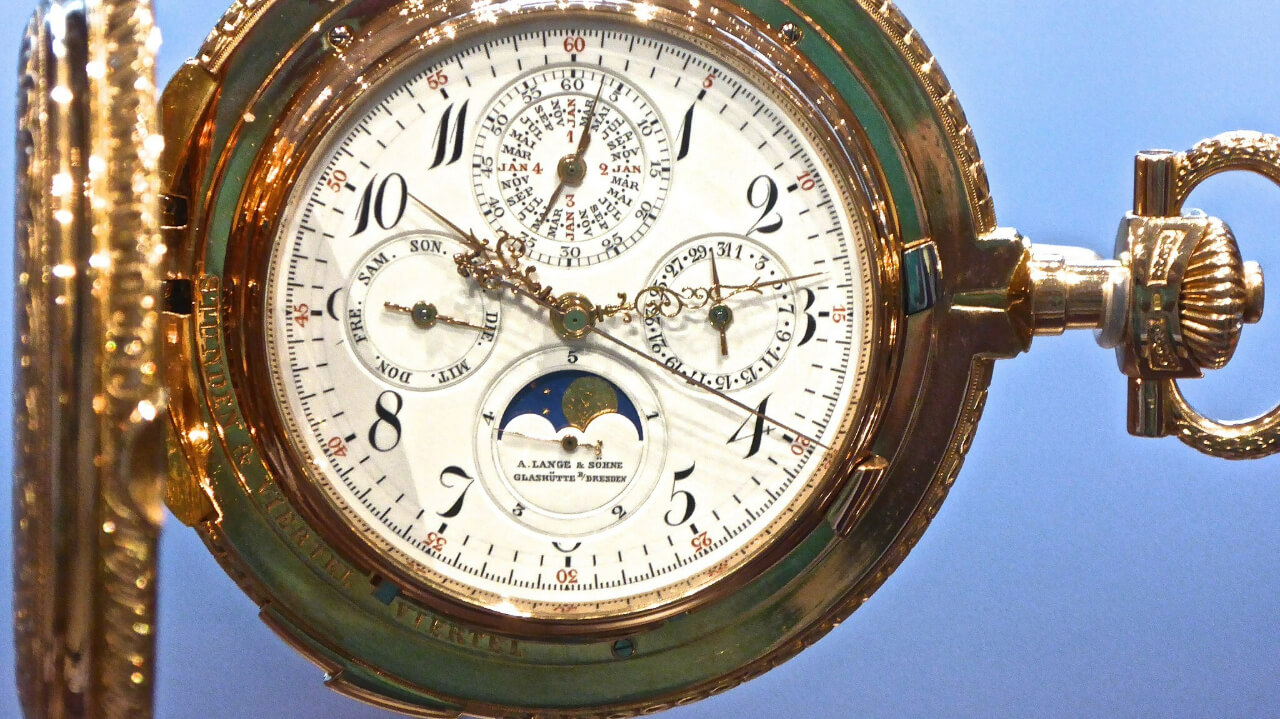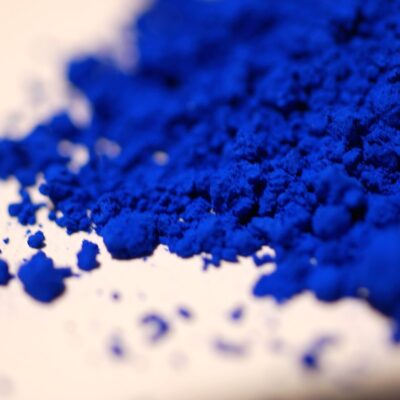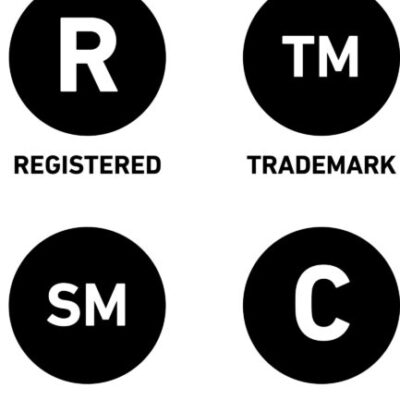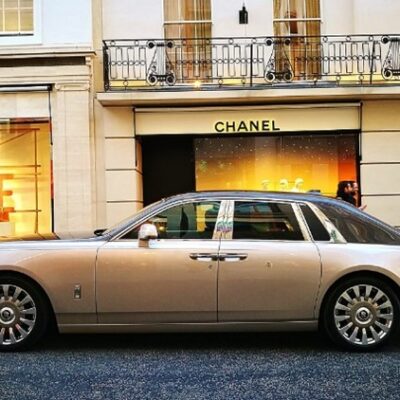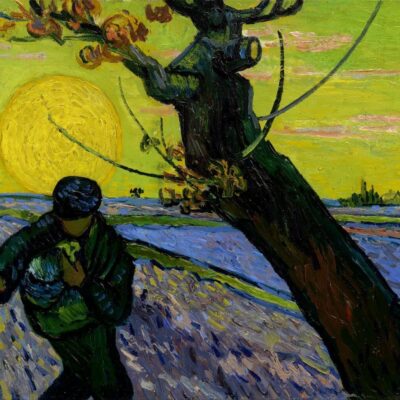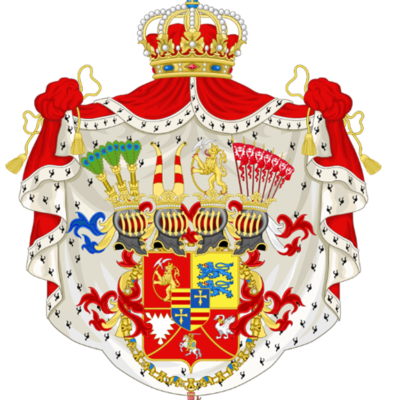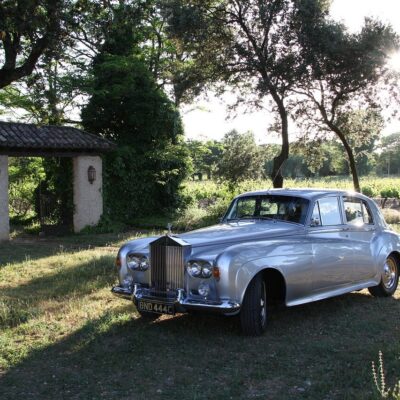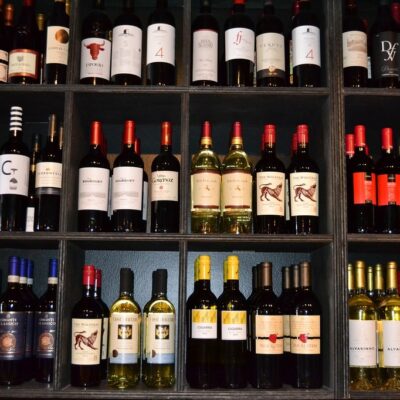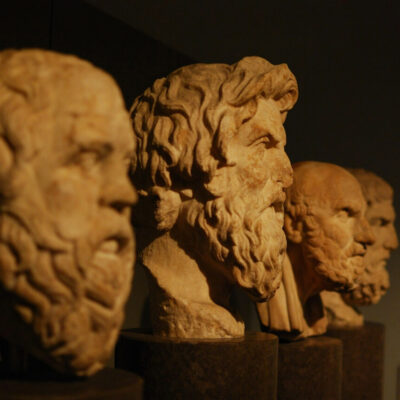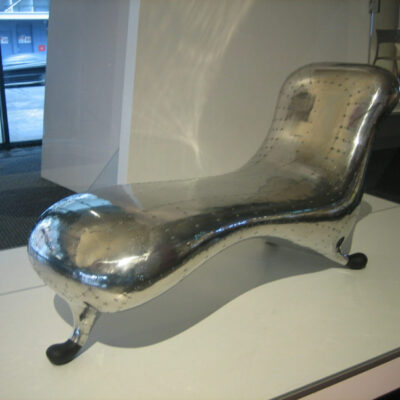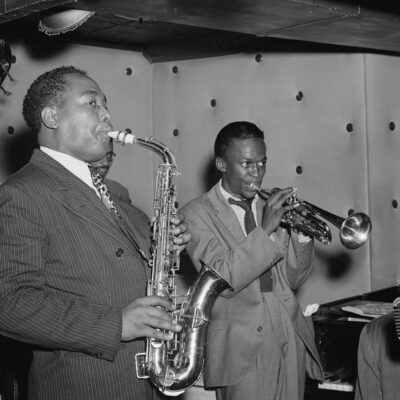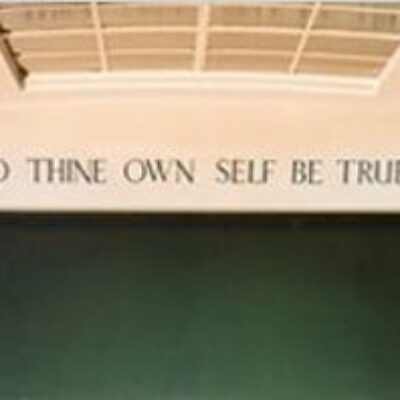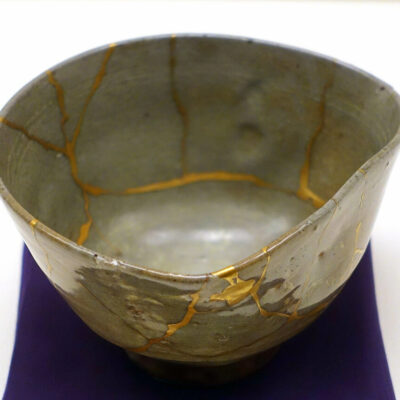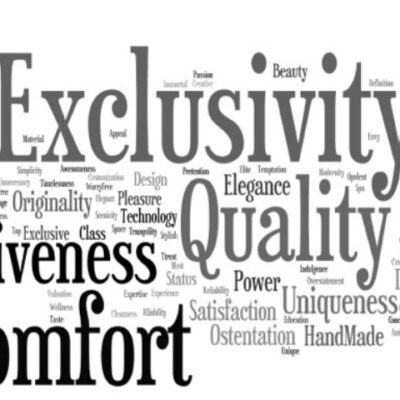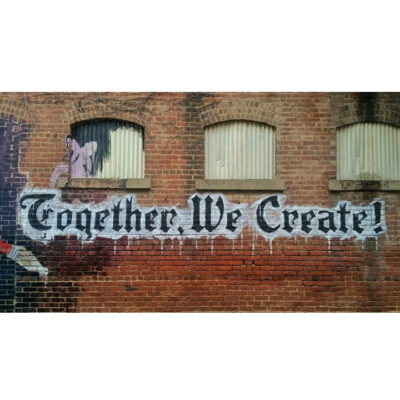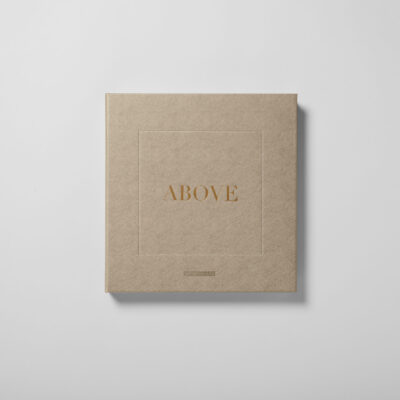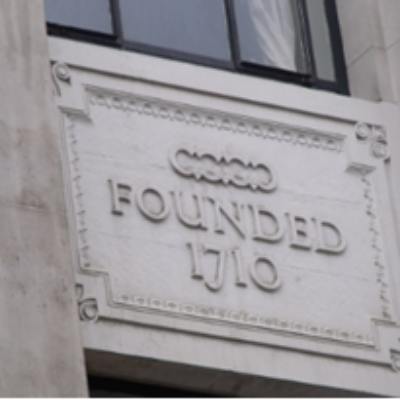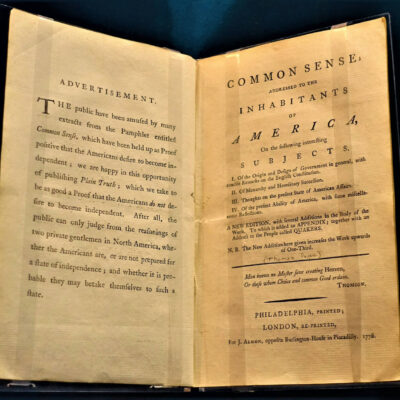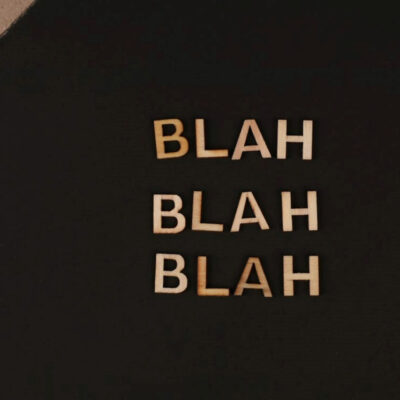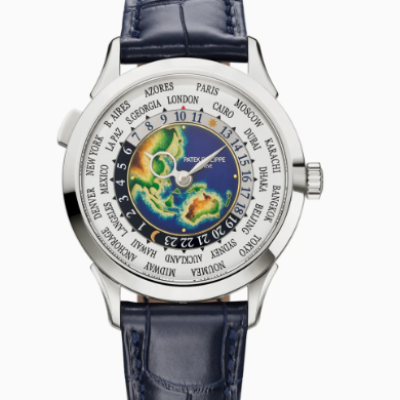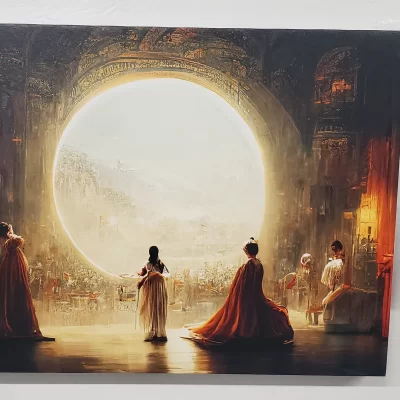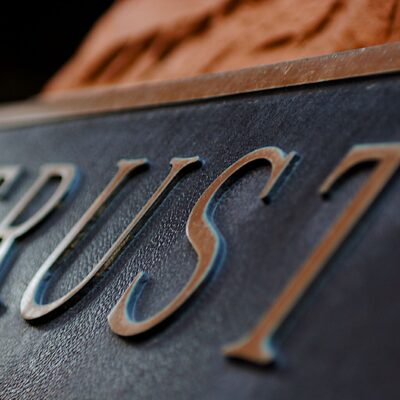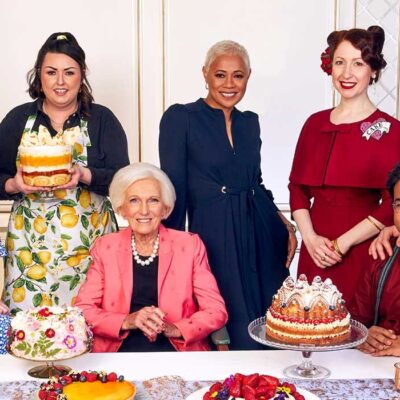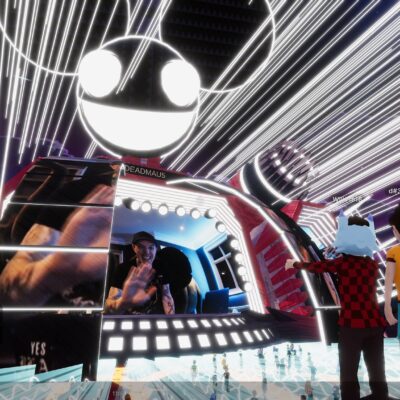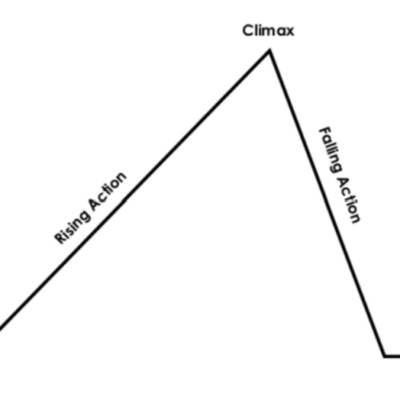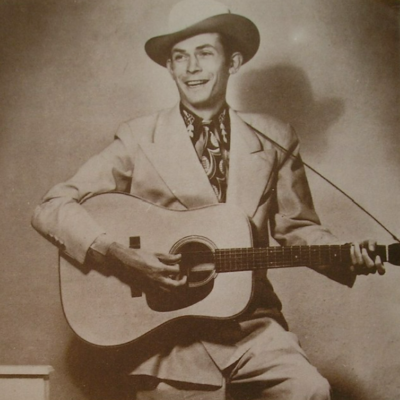(Feature image credit here)
Louis Vuitton is advertising their watches in a new luxury brand campaign. Interestingly, their end line is ‘High Watchmaking’.
For those not familiar with the watch world, ‘High Horology’ or "Haute Horologie” means fine, luxury or high-quality watchmaking. The word is used to describe watches created using the finest techniques, with the most complicated functions, and the most intricate details. It’s out of the luxury brand copywriting playbook.
If you know what high watches are, you’re in the in-crowd. If you know how to pronounce A. Lange & Söhne, Audemars Piguet or Jaeger Lecoultre you belong. Most people don’t know what a high watch is.
So, exclusivity matters in luxury brand marketing, including its words and copywriting.
But the word ‘luxury’ itself is absolutely not luxury.
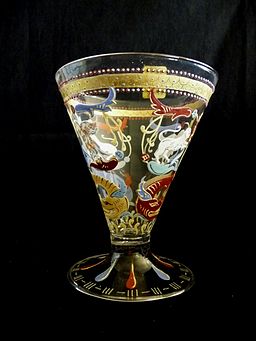
Love luxury, love success
For thousands of years, the wealthy created markets through their love of luxury. Chinese silk, Eastern spices, Venetian glass, Swiss watches, Meissen porcelain, Staffordshire pottery and French couture. They created, each in their turn, rich niches.
Smart founders and luxury copywriters used them to develop lucrative markets through the desires and aspirations of the less rich social classes.
The very success that has been achieved has probably negated any serious sense of the original word.
Which is over-used, cliché ridden and applied to just about every luxury brand sector you can think of. From the usual wine, jewellery, holidays, cars, hotels, aviation, skincare, fashion etc to celeb brands to er....toilet roll. (end line: Wisdom in every Wipe), vinyl flooring, and shampoo.
(See here, from Esquire Magazine, some of the most ridiculous luxury products. Chanel tennis balls anyone?)
It seems like any company can adopt a luxury brand strategy even if it does not actually produce a product or service usually associated with the sector, e.g. Apple.
But it is also - still - the most immediate short-hand way to signal rarity, exception, quality privilege, and price.
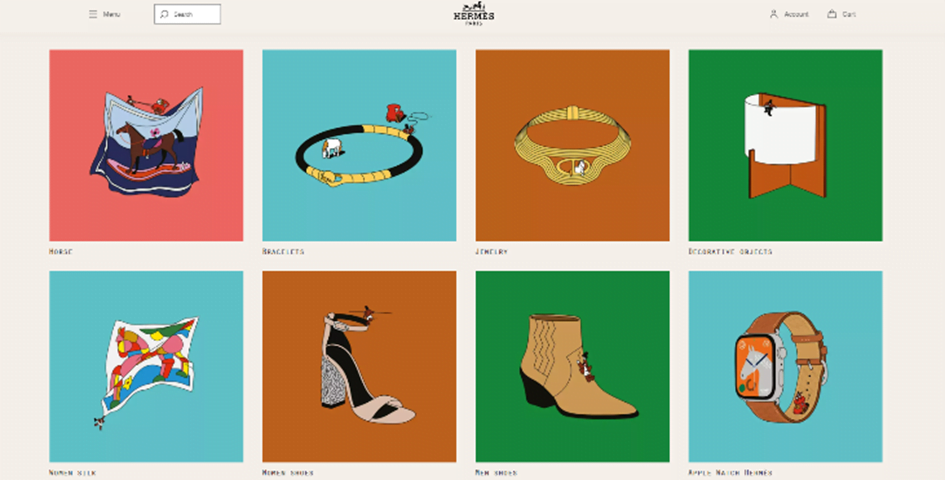
Louis Vuitton's line led me to think, yet again, how we struggle to reframe our haute, our high-end, sector’s presentation.
Luxury brand marketing: who writes 'luxury'?
The HEC Paris business school examines the issue:
Although luxury brands cultivate the myth of their humble origin and vaunt their continuous loyalty to pure craftsmanship, the reality of the luxury sector today is that of mega-brands, of mega-groups holding a vast portfolio of brands. Some are still family owned (Chanel, Hermès) others are listed (LVMH, Kering, Richemont, Swatch).
An in-depth analysis of the websites of many leading luxury brands and groups reveals a paradoxical absence, that of the word “luxury” itself.
Hermès never uses the word, nor does Porsche, LVMH itself now refrain from using the word in its newest corporate website, favouring the words: excellence, dream, exceptional and exquisite.
Altagamma the syndicate of all Italian luxury brands never uses the word “lusso”.

ANEW has constant client conversations about ‘accessible luxury’, ‘casual luxury’, ‘new luxury’ – not to be confused with ‘old’ luxury.
We have those as well. (They are always followed by words like ‘relevance, meaning, modernity, technology, Gen Z…)
Depending on your point of view, these phrases – lazy luxury copywriting even - either shows we have lost the meaning of the sector, or it has matured into something all-encompassing and flexible.
Luxury should mean craftmanship, perfection, exceptionalism, exquisite aesthetics all backed by founding beliefs, culture and values rooted in a very specific local past. Many a luxury brand founder story is about innovator beating tough economic times or hard personal circumstances.
Luxury should also mean relevance, disruptive creativity and sustainability.
In 2019 the New York Times reported on The Louvre Abu Dhabi’s luxury exhibition which presented the evolving, often conflicting, interpretations of the word luxury.
They ask: “Is it ostentatious spending on trend-driven whims like handbags and lipsticks, or investing in unique pieces associated with a specific place or period? Is it a concept rooted in product or experience? An ever-changing social construct? Or today, in a frantic world cluttered with objects, screens and logos, is it time itself?”
If the New York Times is confused, imagine how we feel.
Here’s a picture of a solid silver C18th French soup tureen, with cover, to get things back on track.
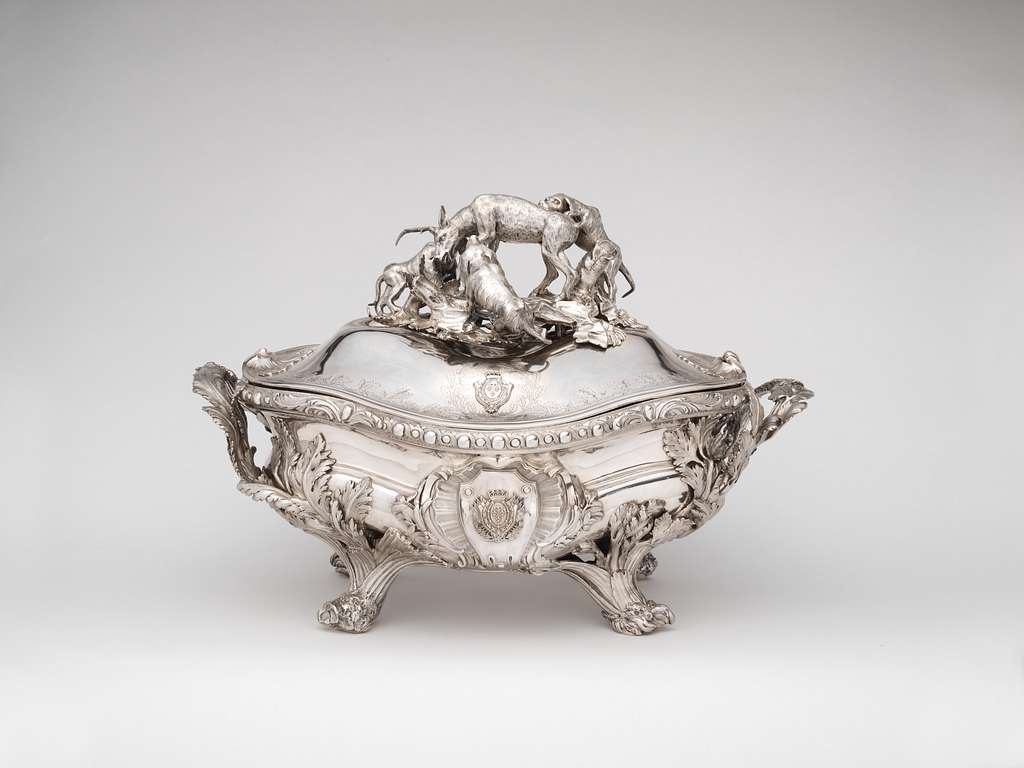
(Image reference: Gary Stockbridge)
Reclaim the meaning of luxury back
In the absence of any other phrase or word, it will have to be in its brand communications. In good luxury copywriting, art direction, brand narratives and engaging ideas.
That means getting back to the roots of luxury, its know-how, its history, its reason for being, its unusual grace, its relationship to craftsmanship – helped or not with technology.
In a luxury brand’s quest for perfect perfection, it should have a closeness, to art to produce a feeling more than mere ‘I got it’, and status. Ideally…some kind of aesthetic elevation.
Anew kind of luxury
Well, we can’t promise spiritual enlightenment with every luxury copywriting brief. Like Willie Nelson’s sad songs and waltzes, they’re not selling this year.
We started in 2016. A London branding agency whose two founders produce insight from market research, strategic brand thinking, new brand names, luxury logo design, messaging, online and offline content, luxury copywriting, coffee table books, or luxury brand websites. They help companies increase brand profitability through sharper insights, distinctive propositions, creative ideas and faultless execution.
To get in touch do drop us an email. We'd be delighted to meet for a coffee, either face-to-face or virtually to discuss your brief.
